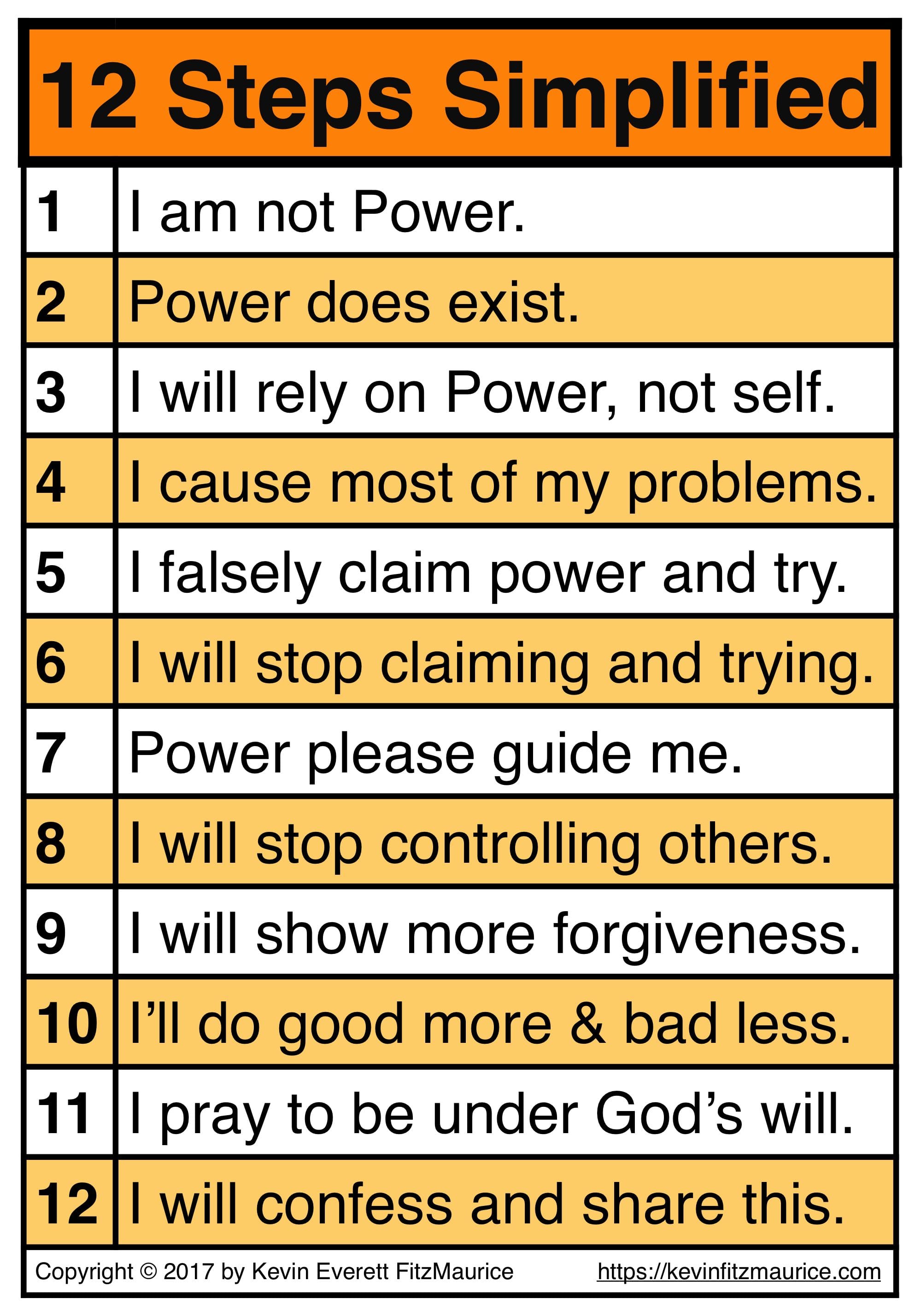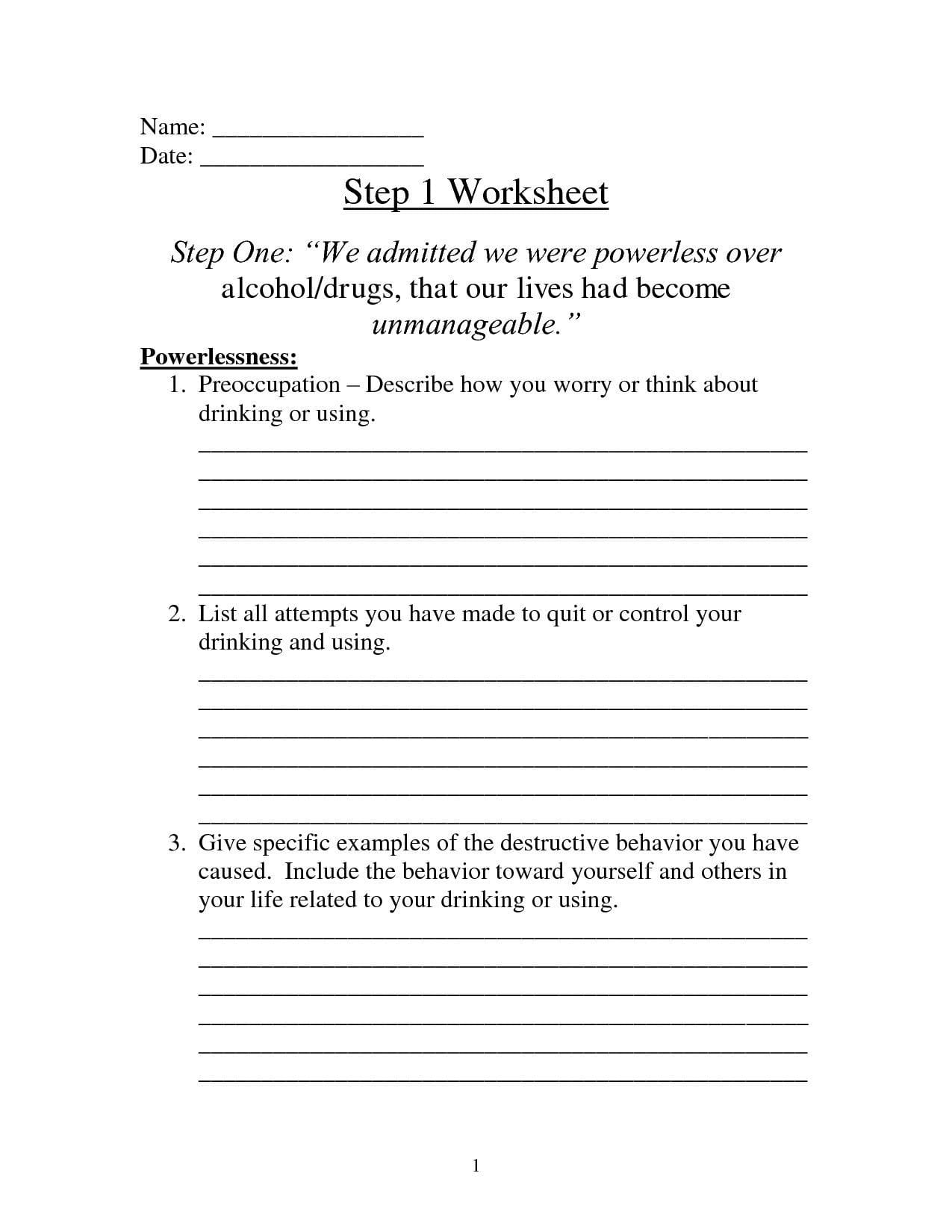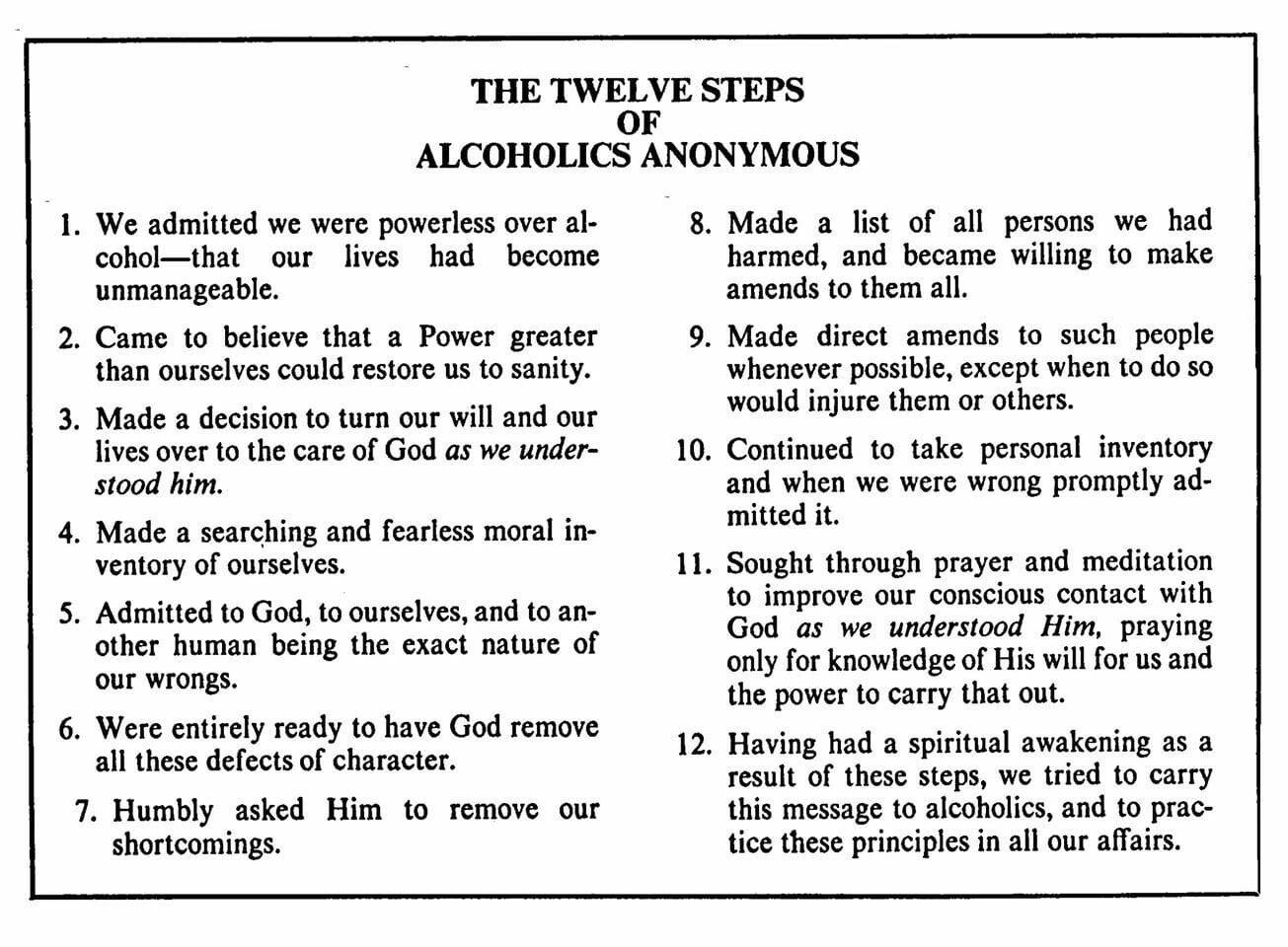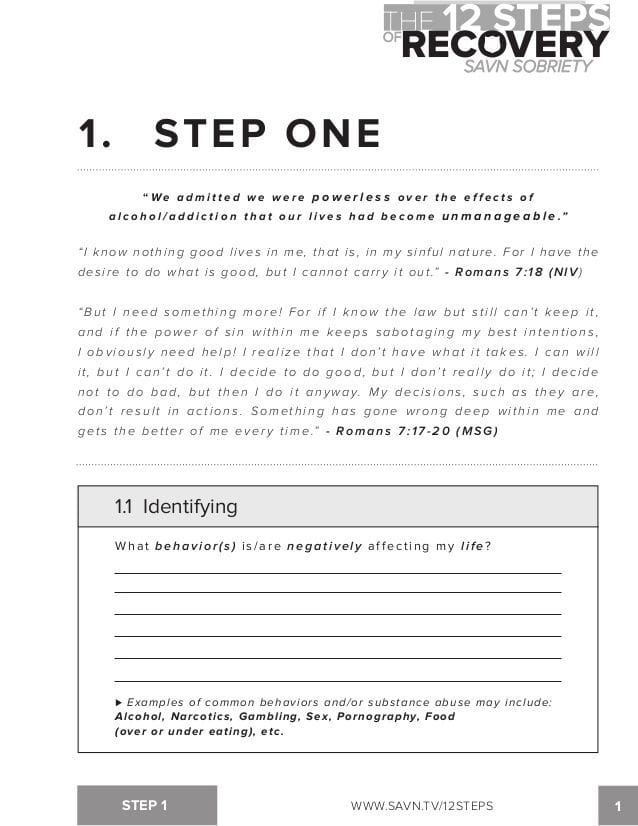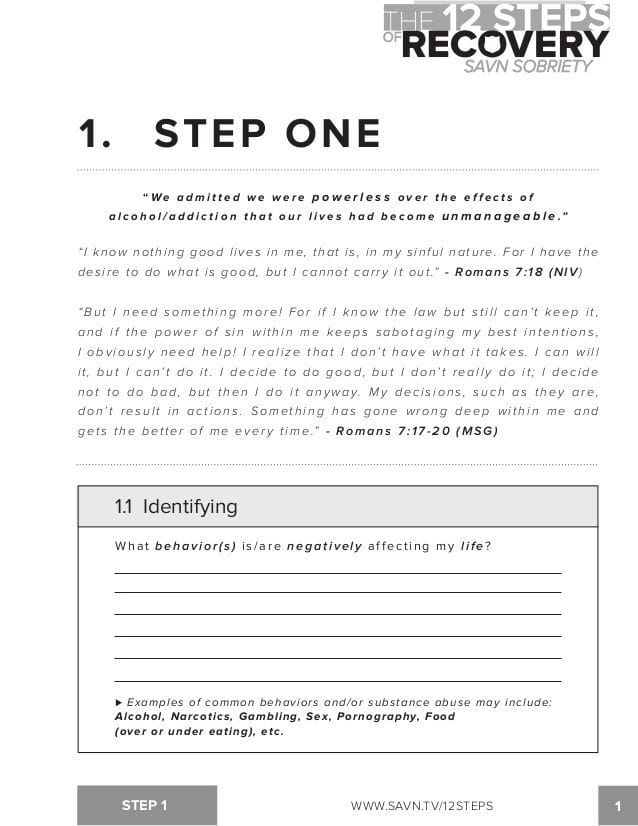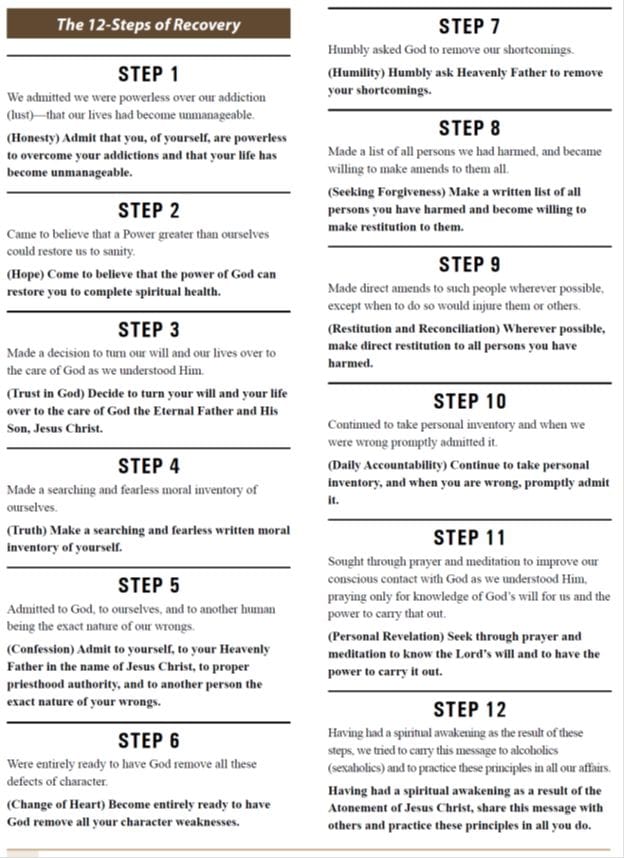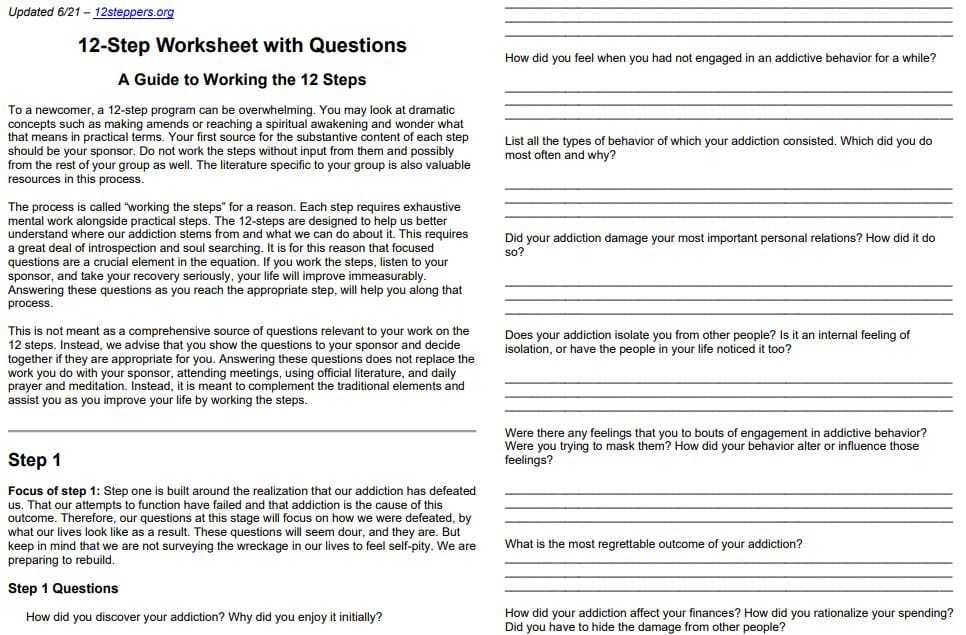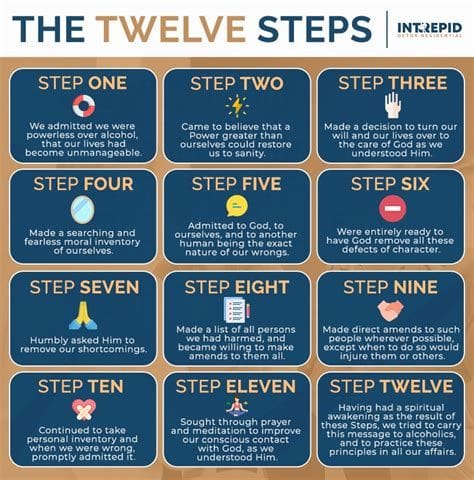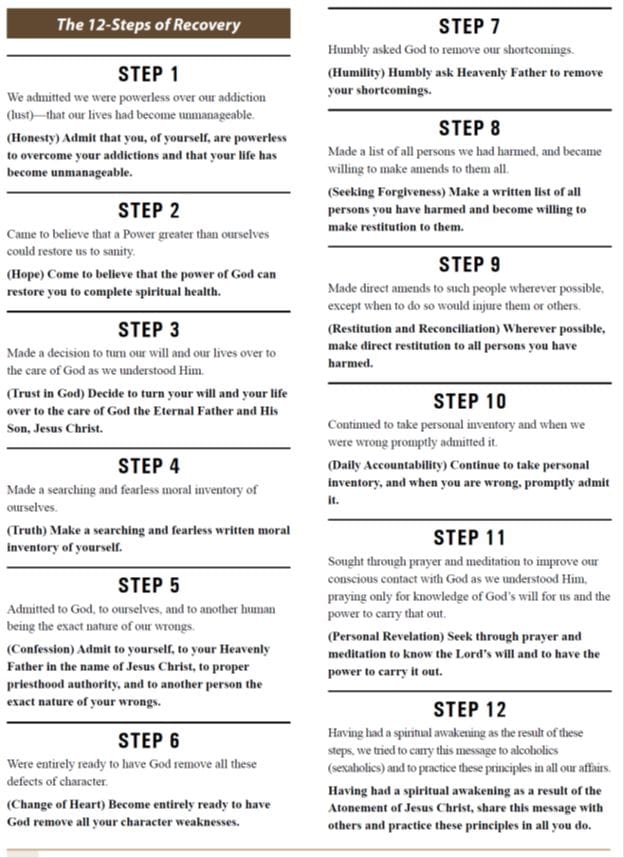
Achieving sobriety is a journey that requires dedication, self-reflection, and a willingness to change. For many individuals, the 12-Step program of Alcoholics Anonymous (AA) has been a cornerstone of recovery. The 12-Step program provides a structured approach to overcoming addiction, and worksheets can be a valuable tool in this process. In this article, we will explore the benefits of using 12-Step AA worksheets for recovery success.
The Importance of Self-Reflection in Recovery
Self-reflection is a critical component of the recovery process. It allows individuals to examine their thoughts, feelings, and behaviors, and to identify areas for improvement. The 12-Step program encourages individuals to take an honest look at themselves, their relationships, and their behaviors, and to make amends when necessary. Worksheets can facilitate this process by providing a structured format for self-reflection.
Benefits of Using 12-Step AA Worksheets
Using 12-Step AA worksheets can have numerous benefits for individuals in recovery. Some of these benefits include:
Increased self-awareness: Worksheets can help individuals identify patterns and triggers that contribute to their addiction. Improved accountability: By writing down their thoughts and feelings, individuals can hold themselves accountable for their actions. Enhanced recovery progress: Worksheets can help individuals track their progress and identify areas for improvement. Reduced stress and anxiety: The act of writing down thoughts and feelings can be therapeutic and reduce stress and anxiety.
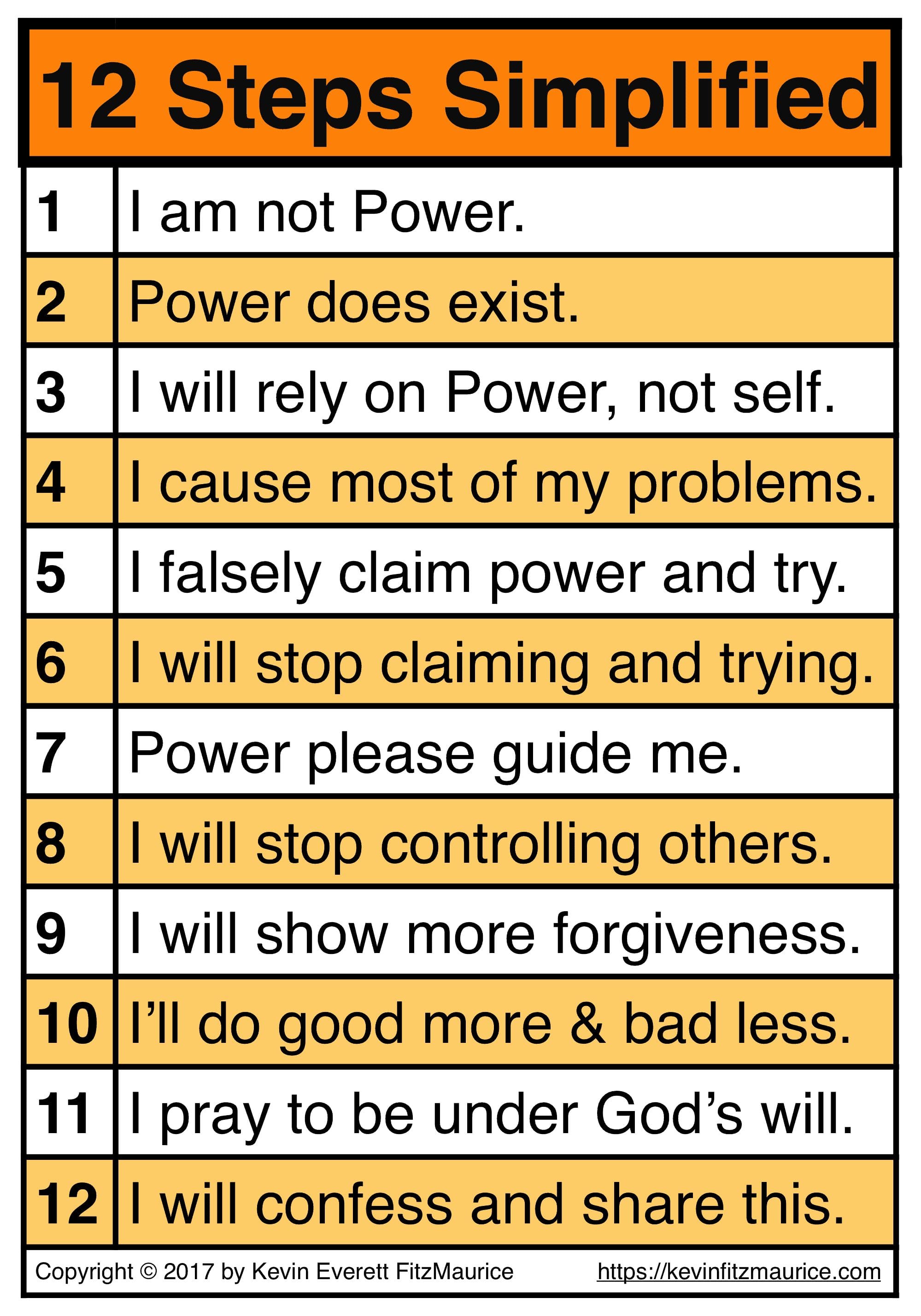
Step 1: Admitting Powerlessness
The first step of the 12-Step program is to admit powerlessness over addiction. This can be a difficult step, as it requires individuals to confront the reality of their addiction. Worksheets can help individuals work through this step by providing a structured format for self-reflection.
Example Worksheet:
What are the consequences of my addiction? How has my addiction affected my relationships? What are my triggers for using?
Step 2: Coming to Believe
The second step of the 12-Step program is to come to believe that a power greater than oneself can restore sanity. This step can be challenging for individuals who do not have a spiritual background. Worksheets can help individuals explore their spiritual beliefs and develop a sense of hope.
Example Worksheet:
What are my spiritual beliefs? How do I think a higher power can help me in my recovery? What are some ways I can cultivate a sense of spirituality in my life?
Step 3: Turning Over Control
The third step of the 12-Step program is to turn over control of one's life to a higher power. This can be a difficult step, as it requires individuals to let go of their need for control. Worksheets can help individuals work through this step by providing a structured format for self-reflection.
Example Worksheet:
What are some areas of my life where I need to let go of control? How can I cultivate a sense of trust in a higher power? What are some ways I can turn over control of my life to a higher power?
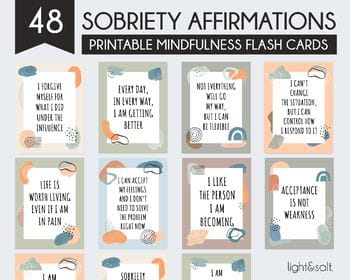
Steps 4-12: Working Through the 12-Step Program
The remaining steps of the 12-Step program provide a structured approach to working through the recovery process. Worksheets can help individuals work through each step by providing a structured format for self-reflection.
Example Worksheets:
Step 4: Making a searching and fearless moral inventory + What are some areas of my life where I need to make amends? + How can I cultivate a sense of self-awareness? + What are some ways I can take responsibility for my actions? Step 5: Admitting to God, ourselves, and another human being the exact nature of our wrongs + What are some secrets I have been keeping from others? + How can I cultivate a sense of honesty and integrity? + What are some ways I can make amends for past wrongs? Step 6: Becoming entirely ready to have God remove all these defects of character + What are some defects of character that I need to work on? + How can I cultivate a sense of humility? + What are some ways I can ask for help from a higher power?
Tips for Using 12-Step AA Worksheets
Using 12-Step AA worksheets can be a powerful tool in the recovery process. Here are some tips for getting the most out of your worksheets:
Be honest: The 12-Step program is based on honesty and self-reflection. Be honest with yourself and others as you work through the worksheets. Take your time: Don't rush through the worksheets. Take your time and reflect on each question and prompt. Seek support: Share your worksheets with a sponsor or therapist and ask for feedback and support. Practice regularly: Make working through the worksheets a regular part of your recovery routine.
Conclusion
Achieving sobriety is a journey that requires dedication, self-reflection, and a willingness to change. The 12-Step program of Alcoholics Anonymous (AA) provides a structured approach to overcoming addiction, and worksheets can be a valuable tool in this process. By using 12-Step AA worksheets, individuals can increase their self-awareness, improve their accountability, and enhance their recovery progress. Remember to be honest, take your time, and seek support as you work through the worksheets.
FAQs:
What is the 12-Step program?
+The 12-Step program is a structured approach to overcoming addiction developed by Alcoholics Anonymous (AA). It provides a framework for self-reflection, accountability, and spiritual growth.
What are 12-Step AA worksheets?
+12-Step AA worksheets are a tool used to facilitate the recovery process. They provide a structured format for self-reflection and can help individuals work through each step of the 12-Step program.
How can I use 12-Step AA worksheets in my recovery?
+Using 12-Step AA worksheets can be a powerful tool in the recovery process. Be honest, take your time, and seek support as you work through the worksheets. Share your worksheets with a sponsor or therapist and ask for feedback and support.
Gallery of 12-Step Aa Worksheets For Recovery Success
